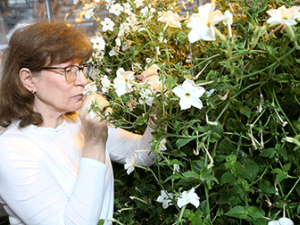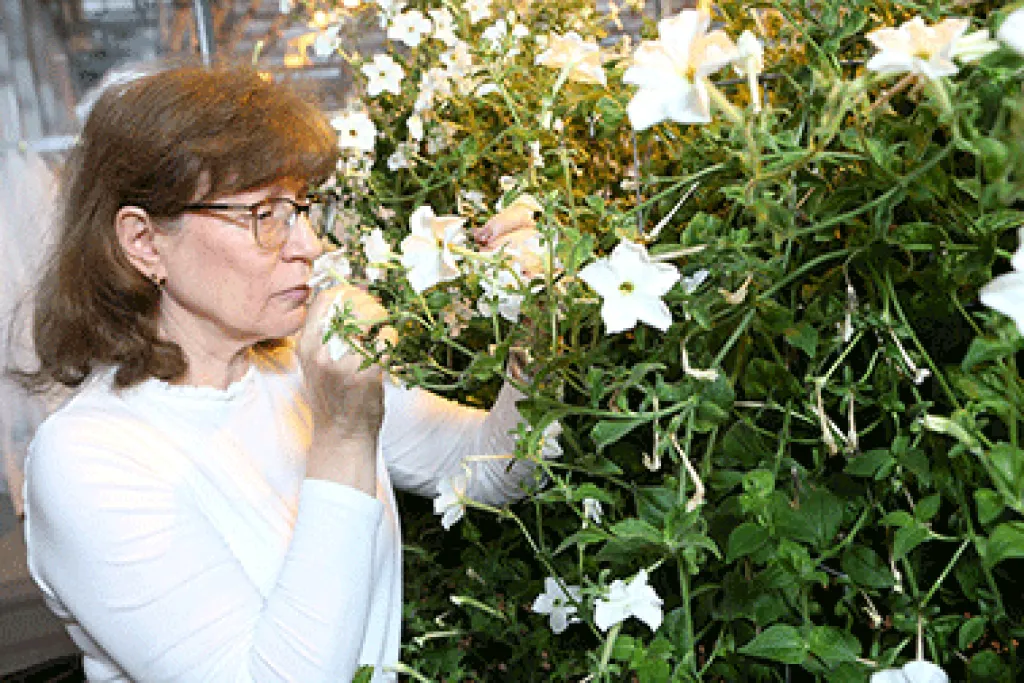
“We learned that the cuticle is a sink, and if you don’t have that sink, the cells shut down production of those volatiles,” Dudareva said. “This makes increasing emissions more complicated than we once thought, but sheds light on factors that can affect production of these compounds.”
Going forward, Dudareva and her team will continue working on methods to increase emission of volatile compounds in plants, including investigating how thickening the cuticle might affect production and emissions. The National Science Foundation and USDA’s National Institute of Food and Agriculture funded this work. For more information, read the Purdue University article.
Topic
Farm Bill Priority Areas
Plant health, production, and products
U.S. States and Territories
Indiana

